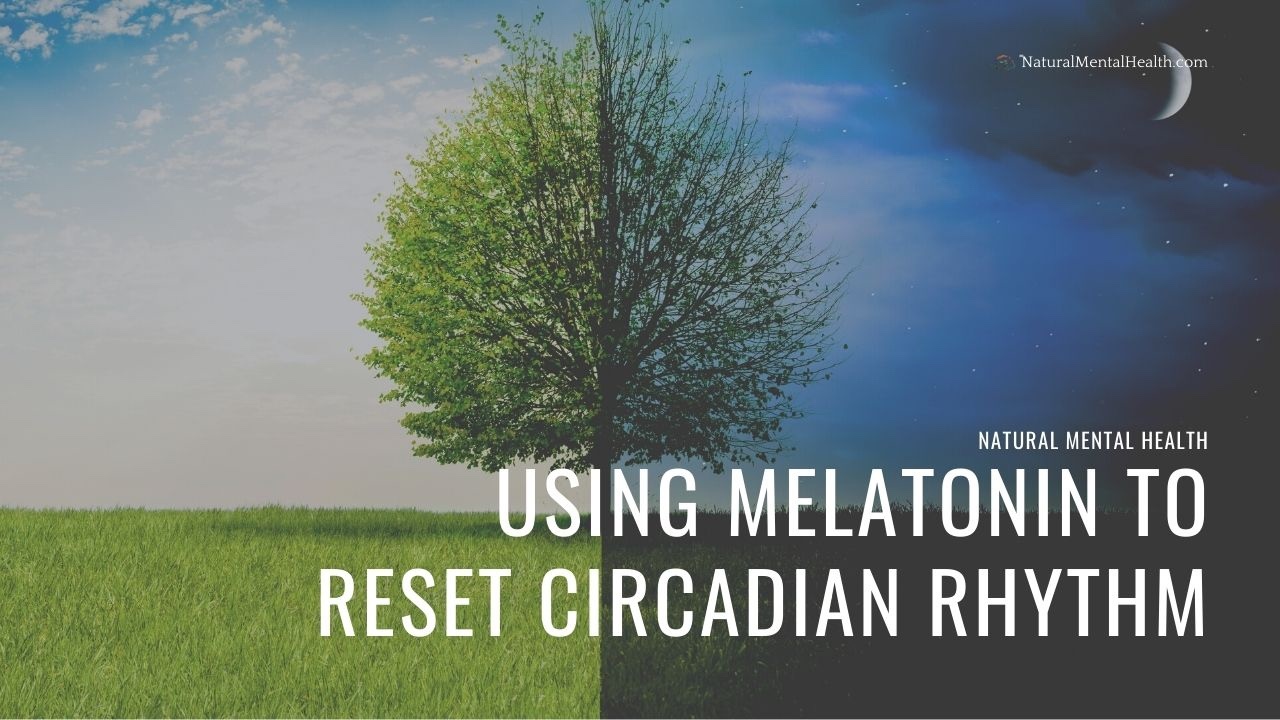
Using Melatonin to Help Reset Circadian Rhythm
Sep 03, 2019Timothy Culbert, MD, IFMCP
[Read this article for more on melatonin and its relationship with ADHD.]
Is Melatonin Safe?
I've found melatonin to be quite helpful for kids and teens with ADHD for both sleep onset and sleep maintenance issues. However, some concerns have popped up about kids and teens using melatonin for long periods of time (more than 6 months) or at high-doses. However, little has been substantiated through research studies.
A recent systematic review of 13 RCTs assessed the safety and efficacy of melatonin for pediatric patients with ND disorders (e.g, ADHD and Autism). Studies included a total of 632 children who took either regular melatonin or controlled release melatonin. The review found that:
- Kids who took the melatonin fell asleep faster and slept longer compared to those given a placebo pill (Abdelgadir).
- No major side effect concerns were apparent in any of the studies.
How Should You Use Melatonin?
Increase Dose Slowly
I start my kid and adult patients who are dealing with sleep onset problems on a low dose of immediate release melatonin (about 1-2 mg, preferably sublingual), taken about one hour before bedtime. I then very slowly increase the dose every 2-3 days until an effective dose is reached. If an individual is not getting any benefit from doses of melatonin around 5-6 mg, then I usually think about other options. A common indicator that I look for to gauge success is sleep onset in about 25 minutes or less.
For those with sleep maintenance problems, I use a controlled release product. Usual dose for these products is 3-5 mg, also taken about one hour before bedtime.
Add Skills & Disconnect
At minimum, use of melatonin should be combined with two additional strategies to support sleep:
- Calming mind-body skills before bedtime. Try this Calming Breath Technique.
- All electronic devices should be turned off at least 60 minutes prior to sleep onset, as exposure to the light spectrum emitted by computer screens and cell phones can suppress the normal release of melatonin. If you're a late-night scroller, be sure to read more about the impact of tech on sleep and mental health.
What if Melatonin Doesn't Work?
Please note: The product links in this section go to our partner store, Fullscript (with an ongoing 10% discount for you + free shipping on orders over $50). You must have an account to view products and shop. Create your free account at: https://us.fullscript.com/welcome/nmh/signup. Learn more about Fullscript here.
I often look to iMagT Powderand Cerenity PM for folks who don't see a benefit from Melatonin. L-theanine (Peace of Mind) or 5-HTP at 50-100 mg can also be considered. Be sure to speak with your doctor before starting any of these supplements.
*Note: Some of the supplements discussed in this series can cause side effects, but many people tolerate them much better than prescription medications. They are generally considered safe, however, they should not be started without your doctor’s knowledge and supervision. If you are taking medication already, be sure to talk with your doctor before adding any of these items. If you are considering going off medication, remember never to stop your medication suddenly—always consult with your doctor about how to safely taper off any psychiatric medication.Statements made in this article have not been evaluated by the Food and Drug Administration. This product is not intended to diagnose, treat, cure, or prevent any disease.
RELATED ARTICLES
A Whole Family Approach to Reset Circadian Rhythm
Creating a culture of healthy sleep in a household requires a “whole family” behavioral approach to sleep. That means you'll need everyone in your home to opt-in to healthy sleep hygiene practices. Read more.
The Connection Between Sleep and ADHD
Many of the same brain regions that regulate sleep and arousal also control attention. The relationship between ADHD and sleep is becoming more clear as new research has identified that between 55% and 75% of kids and adults with ADHD also suffer from sleep related issues. Read more.
SOURCES
Arns & Kenemans. (2014). Neurofeedback in ADHD and insomnia: Vigilance Stabilization through sleep spindles and circadian networks.
Bijlenga et al. (2019). The role of the circadian system in the etiology and pathophysiology of ADHD: time to redefine ADHD?
Abdelgadir et al. (2018). Melatonin for the management of sleep problems in children with neurodevelopmental disorders: a systemic review and metanalysis.
Cummings. (2012). Melatonin for the management of sleep disorders in children and adolescents.
Masi et al. (2019). Effects of melatonin in children with attention-deficit/hyperactivity disorder with sleep disorders after methylphenidate treatment.
FURTHER READING ON SLEEP AND ADHD
https://thesleepdoctor.com/2018/04/24/a-new-theory-about-adhd-and-sleep/
https://www.additudemag.com/adhd-sleep-disturbances-symptoms/









